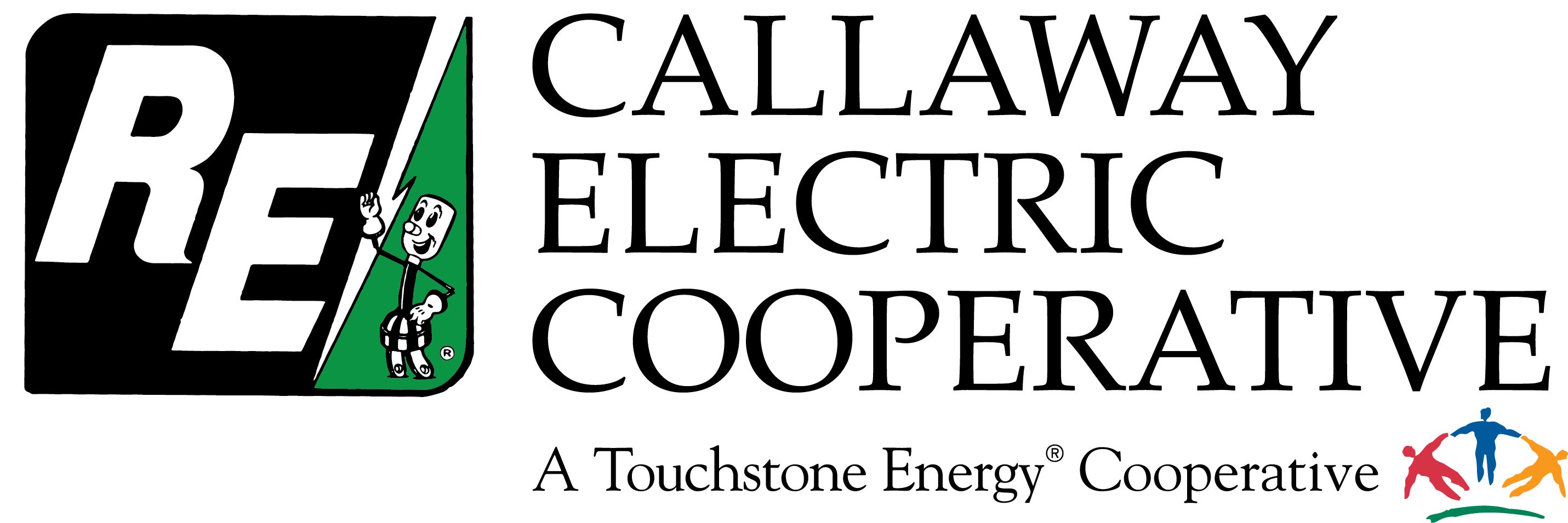Capital Credit Q&A
While member/owners of the Cooperative are actively receiving service, they earn capital credits based on their monthly electric usage. Active Callaway Electric members receive their capital credit refund as a bill credit. Inactive members who received electric service sometime in the past and are eligible for a refund are are mailed a check.
The amount of capital credits you earn in a given year is based upon the amount of capital you contribute to the Cooperative through payment of your monthly bills. The more electric service you buy, the greater your capital credits account — although the percentage will remain the same. The sum of your monthly bills for a year is multiplied by a percentage to determine your capital credits.
Allocated capital credits appear as entry on the permanent financial records of the Cooperative and reflect your equity or ownership in Callaway Electric. When capital credits are retired, a refund is issued to you and your equity in the Cooperative is reduced. Refunds are generally issued up to 20 years after the year in which the margins were earned.
Not necessarily. The Board of Directors must authorize a retirement before you receive a refund. When considering a retirement, the Board analyzes the financial health of the Cooperative and will not authorize a retirement if the financial condition will not allow it.
Any balance in your capital credit account would remain on the books in your name and member account number until they are retired. Because payments are made up to 20 years after capital credits are earned, be sure to keep Callaway Electric informed of your current mailing address if you move out of the service area.
The capital credits of a deceased member may be paid without waiting for a general retirement. However, these estate payments are not automatic. A representative of the estate must complete a request form and provide a copy of the death certificate. The retirement is then considered by the Board of Directors of Callaway Electric. If approved by the Board, a check will be issued to the estate and the account will be closed. If the membership is jointly held by a spouse, the estate will only be retired after both the member and spouse are deceased.
